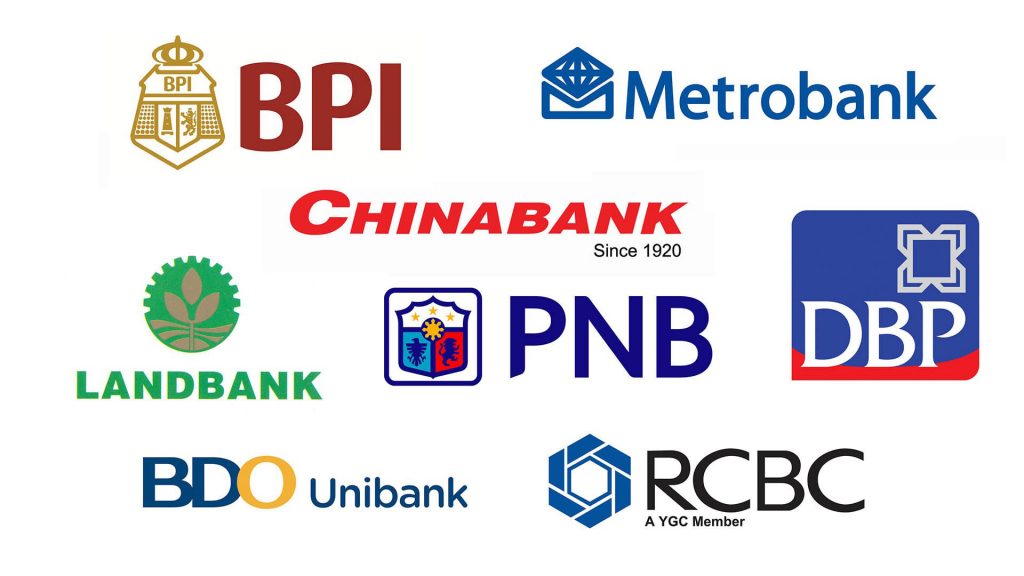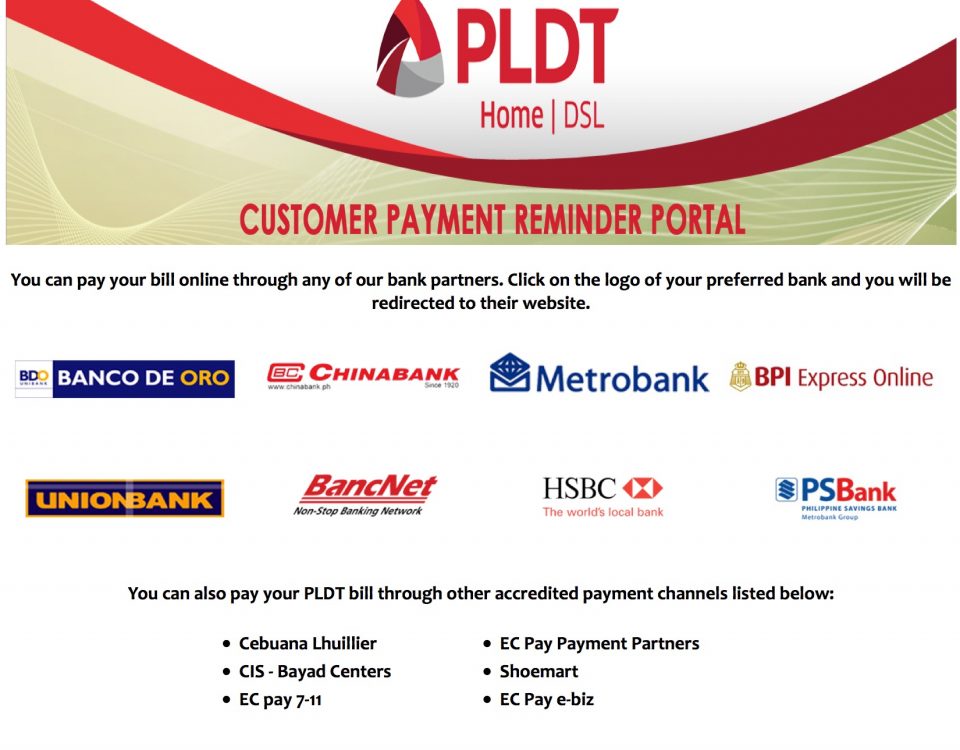Top banks in the Philippines
2021 Philippine Traveler Protocols
February 28, 2021
Philippines Potato Supplier
July 16, 2021About Banks in the Philippines
There are numerous banks in the Philippines and many of them claim to be the best bank in the country. The list below states the top banks in the Philippines according to BSP (Bangko Sentral ng Pilipinas). Historical Assets are retrieved from the Published Balance Sheets/Statements of Condition submitted by the banks to BSP.

Top 10 Best Banks in the Philippines
| NAME OF BANK | TOTAL ASSETS (PHP) | ASSET CHANGE |
| Banco De Oro | 3,069,394.98 | ⬆3.46% |
| Metropolitan Bank & Trust Company | 2,116,897.17 | ⬆6.20% |
| Land Bank of the Philippines | 2,033,417.30 | ⬆3.66% |
| Bank of the Philippine Islands | 1,912,624.66 | ⬆3.79% |
| Philippine National Bank | 1,067,676.31 | ⬇3.58% |
| China Banking Corporation | 866,900.13 | ⬆1.00% |
| Security Bank Corporation | 788,233.37 | ⬇1.85% |
| Development Bank of the Philippines | 761,498.56 | ⬆8.70% |
| Rizal Commercial Banking Corporation | 762,310.50 | ⬆14.56% |
| Union Bank of the Philippines | 706,866.96 | ⬆14.49% |
When opening an account to these banks, there are things that need to be considered. Interest rates, proximity of the bank’s location or the bank’s standing are things worth considering. Below is a list of the general categories of banks that would serve as a guide in choosing a bank to open an account with.
General Categories of Banks
- Commercial Bank – This bank has the widest selection of services. It caters both businesses and individuals and offers both checking and savings accounts. This bank also offers investments and loans. Commercial Banks make money by earning interest from customer loans such as mortgages, auto loans, business loans, and personal loans. The money deposited by a customer provides the bank with the capital to make these loans.
- Thrift or Savings Bank – This bank specializes in helping depositors to secure their future finances through cash deposits. It usually offers a higher yield on savings accounts and provides limited lending services to businesses. It gives a higher earning potential.
- Rural Bank – This bank is government-sponsored or assisted but is privately managed and is largely privately owned. It provides credit facilities to farmers and merchants or to cooperatives of the rural community at sensible terms. This bank is also known as cooperative bank. It offers high interest yields to help boost the rural economy.
- Credit Union – This is a type of financial institution that is identical to a commercial bank. It is a member-owned financial cooperative that is controlled by its members and operates on a non-profit basis.
- Non-Banking Financial Institution (NBFI) or Non-Bank Financial Company (NBFC) – This financial institution does not have a full banking license. It is not supervised by a national or international banking regulatory agency. It facilitates bank-related financial services like investments, risk pooling, contractual savings, and market brokering.


